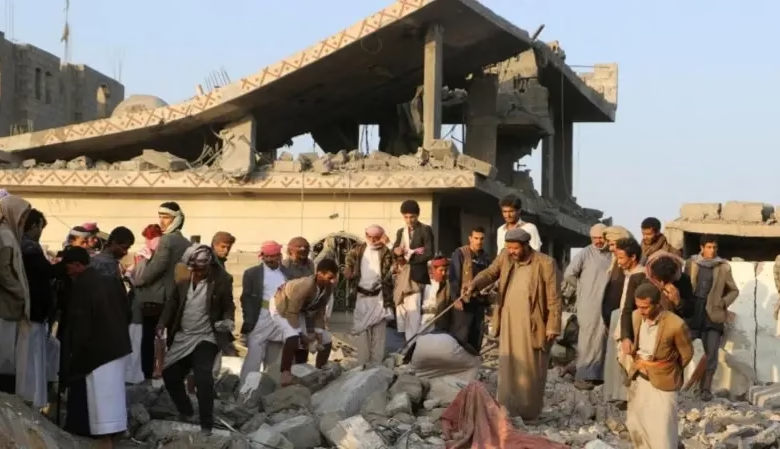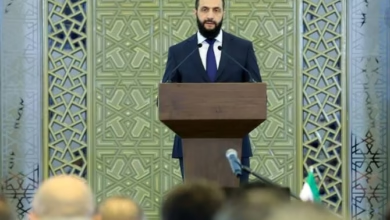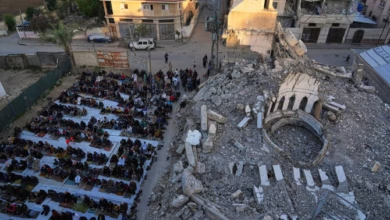Trump’s Threats to Iran Amid Ongoing Houthi Attacks: A Deep Dive into the Middle East Conflict

Key Takeaways:
- U.S. President Donald Trump warns Iran of “severe consequences” if Houthi attacks on international shipping lanes persist.
- Trump’s threat follows Houthi missile strikes on a U.S. aircraft carrier and American airstrikes on Houthi positions in Yemen, which have led to significant casualties.
- The escalating tensions between the U.S., Iran, and the Houthis highlight the ongoing geopolitical struggles in the region, with calls for restraint and peace talks from Russia and the UN.
Background: Escalating Tensions Between the U.S. and Iran Over Yemen Conflict
The conflict in Yemen has reached a new and dangerous phase as U.S. President Donald Trump issued stark warnings to Iran, threatening severe consequences if the Houthis continue their attacks on critical shipping routes in the Red Sea. This threat came after a Houthi missile strike on the U.S. Navy’s USS Harry S. Truman aircraft carrier, a retaliation for ongoing U.S. airstrikes in Yemen. These airstrikes, conducted by the Pentagon, targeted Houthi positions, with reports indicating at least 53 people were killed in the bombings.
The U.S. military has been actively involved in operations in Yemen, with over 30 targets struck since the weekend, marking the most extensive military action in the region since Trump’s return to office. The situation has raised alarms among global leaders about the broader implications of these escalations.
The Role of Iran and Houthi Support: A Web of Influence and Accountability
The U.S. government’s position on the conflict revolves around Iran’s alleged support of the Houthi movement, which has been a longstanding ally of Tehran. Trump has made it clear that any further attacks by the Houthis will be seen as the responsibility of the Iranian leadership. This marks a shift in the narrative, where Iran’s involvement in the Yemeni conflict could lead to direct consequences for its actions, especially as the Houthis have targeted both American and commercial ships in the region.
Geopolitical Power Struggles and the Impact on Yemen’s Future
The U.S. and Iran’s involvement in Yemen is a reflection of broader geopolitical struggles in the Middle East. While Trump has blamed Iran for fueling the conflict through its support of the Houthis, Tehran has consistently denied these claims, accusing the U.S. of illegal military actions in the region. These exchanges have complicated the search for a peaceful resolution to the Yemen crisis, with both sides refusing to back down.
Calls for Restraint and Diplomatic Dialogue: The Role of the UN and Russia
In response to the escalating violence, the United Nations Secretary-General, António Guterres, has called for “maximum restraint” and an end to military actions in Yemen. Russia, through its Foreign Minister Sergey Lavrov, has also urged the U.S. to cease its use of force and emphasized the importance of political dialogue among all parties involved. However, with Iran vowing to retaliate against any U.S. military actions and the Houthis continuing their attacks, the path to peace remains elusive.
- Source: BBC NEWS








